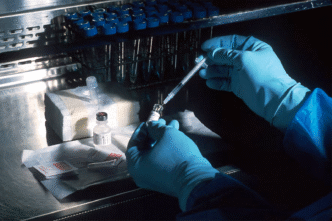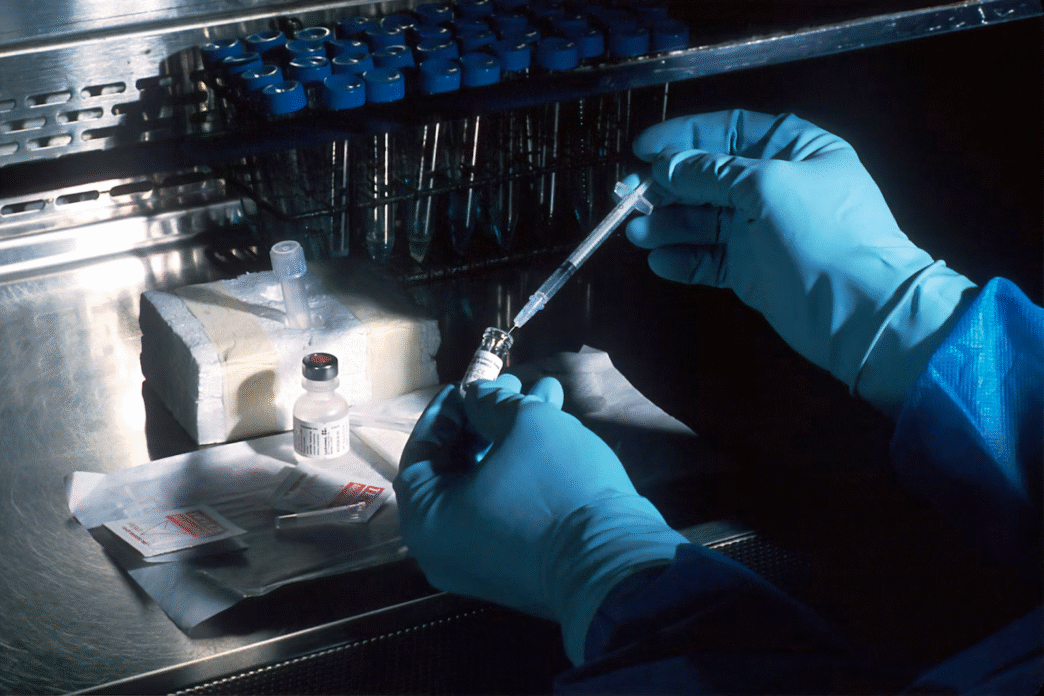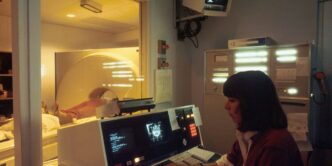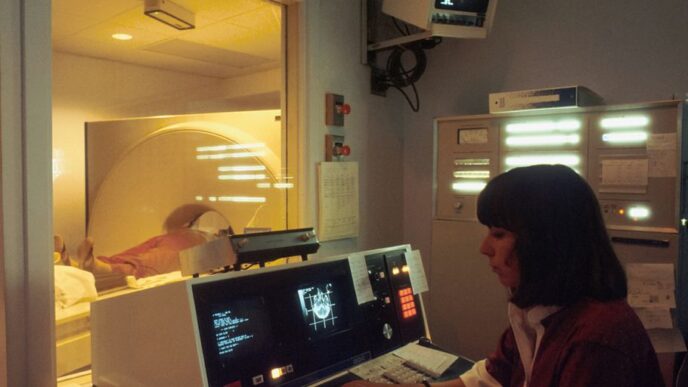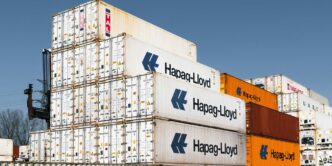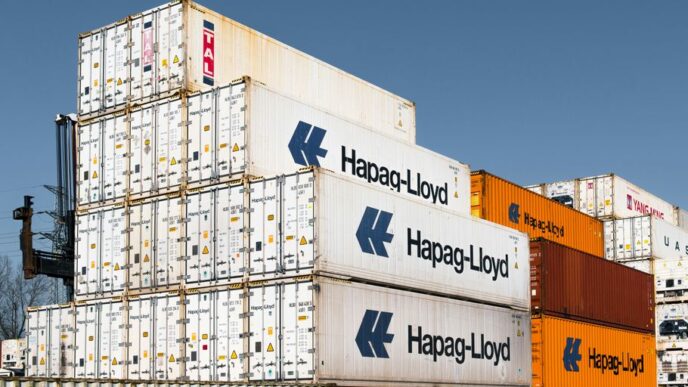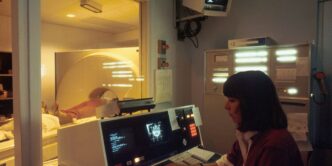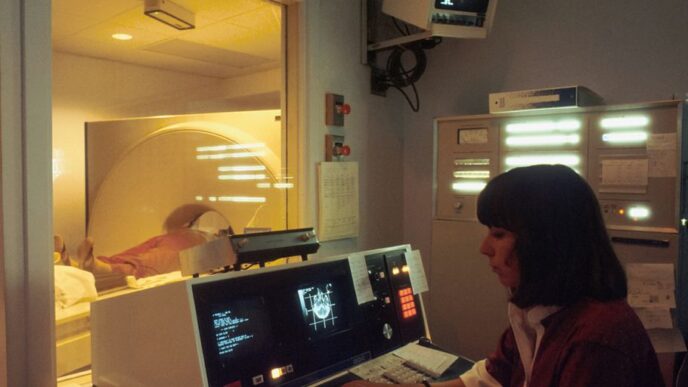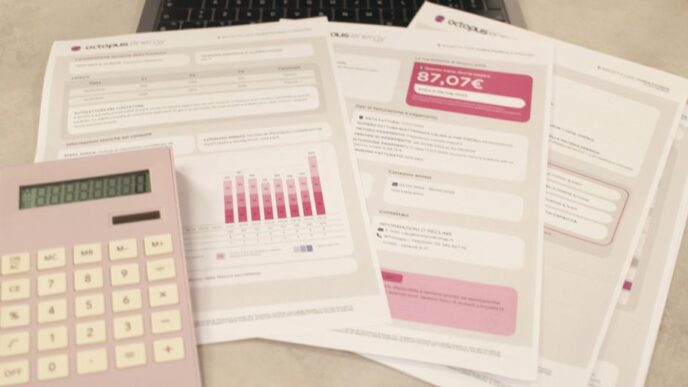Workplace safety and regulatory compliance are non-negotiable in today’s business landscape. Whether you’re managing a construction site, a transportation fleet, a healthcare facility, or even a corporate office, the risks associated with substance use on the job are too serious to ignore. A single incident can result in injury, legal action, reputational damage—or worse.
That’s why employee drug testing services have become a cornerstone of responsible workforce management. Far from being a formality, drug screening is a proactive tool that helps employers create safer environments, reduce liability, and meet strict industry regulations.
In 2025, with workplace policies evolving and compliance requirements tightening, drug testing services are more essential—and more sophisticated—than ever before. Here’s how these services support safety, compliance, and business continuity.
A First Line of Defense Against Risk
The core purpose of drug testing is to mitigate risk. Substance use impairs judgment, slows reaction time, and increases the likelihood of accidents or errors. In high-risk industries such as construction, transportation, manufacturing, and energy, even a single lapse in alertness can have catastrophic consequences.
By implementing routine or random drug testing protocols, employers significantly reduce the likelihood of on-the-job incidents related to substance use. This not only protects employees and customers but also safeguards the company from costly legal and financial fallout.
According to the National Safety Council, employers who conduct regular drug testing see 51% less absenteeism, 10% lower turnover, and 85% fewer workplace injuries. Drug testing isn’t just a compliance checkbox—it’s a proven risk-reduction strategy.
Ensuring Compliance With Industry and Federal Regulations
Many industries are governed by strict regulations that mandate drug and alcohol testing. For example, the Department of Transportation (DOT) requires pre-employment, post-accident, random, and reasonable suspicion drug testing for safety-sensitive roles such as commercial drivers and aviation employees. Failure to comply can result in hefty fines, license suspensions, or disqualification from government contracts.
Healthcare organizations must also meet strict standards, especially when staff handle controlled substances or interact with vulnerable populations. Government contractors, defense organizations, and companies with federal grants often face similar requirements.
Reliable employee drug testing services help businesses remain compliant with all applicable regulations. Providers stay up to date on changing rules, manage required documentation, and ensure that testing procedures follow chain-of-custody protocols. This reduces the administrative burden on HR and legal teams while minimizing the risk of non-compliance.
Promoting a Culture of Accountability and Trust
Beyond compliance, drug testing contributes to a culture of accountability. When employees know that their employer prioritizes safety and well-being, it sets a clear standard for conduct. This isn’t about mistrust—it’s about creating an environment where people can perform at their best, knowing they’re surrounded by teammates who are fit for duty.
Routine drug testing also supports transparency. Whether it’s pre-employment screening or part of a post-accident protocol, consistent policies communicate fairness and help avoid claims of favoritism or bias. A well-structured drug testing program, when implemented correctly, protects both employees and employers.
For organizations that face union considerations or cultural sensitivities, experienced testing providers can help tailor programs that are both effective and respectful—ensuring clear communication and alignment with labor agreements.
Adapting to Changing Legal and Social Landscapes
One of the biggest challenges facing employers today is navigating the evolving landscape of drug legalization. With medical and recreational marijuana now legal in many states, employers must balance legal rights with workplace safety.
This is where expert guidance from a drug testing provider becomes invaluable. A reliable service partner can help employers craft drug policies that align with local laws while protecting safety-sensitive roles from risk. For instance, a zero-tolerance policy might still be appropriate for roles involving heavy machinery or patient care, even if marijuana use is legal off-duty.
Testing providers can also offer clarity on what’s tested, how results are interpreted, and how to handle positive results in a legally sound manner. In states where testing laws have become more complex, this expertise prevents costly missteps.
Flexible Testing Options for a Mobile and Remote Workforce
The rise of remote work and distributed teams has changed how companies think about drug testing logistics. In 2025, it’s not always feasible to send every candidate or employee to a central testing site. That’s why modern drug testing services offer a range of flexible options—including mobile collections, on-site testing, and electronic scheduling.
Some providers offer nationwide networks of clinics and laboratories, while others send certified collectors to job sites or homes to complete tests in a secure and compliant manner. For organizations with remote teams or multiple office locations, this flexibility ensures that screening can happen quickly and consistently—no matter where employees are located.
These services also streamline the process through electronic chain-of-custody forms, online dashboards, and real-time result tracking, helping HR teams stay organized and responsive.
Integration With Broader Safety and Compliance Programs
Drug testing should never operate in a vacuum. The most effective programs integrate with broader health, safety, and compliance initiatives—such as pre-employment screening, post-accident protocols, and employee assistance programs (EAPs).
A good provider will help you align testing with your company’s goals. For example, random testing might be paired with safety training or workplace wellness programs. Post-accident testing can be coordinated with incident investigations. And employees who test positive can be offered referral support or return-to-duty programs where appropriate.
This integrated approach ensures that drug testing isn’t punitive—it’s proactive. It positions your company as one that takes care of its workforce while maintaining the highest standards of safety.
Conclusion: A Smart Investment in Workplace Safety and Reputation
In a world where one mistake can lead to injury, litigation, or brand damage, proactive drug testing is a small investment that pays big dividends. It protects employees, strengthens your compliance posture, and builds public and internal trust.
Reliable employee drug testing services help organizations implement fair, legally sound, and operationally efficient programs—whether for DOT compliance, workplace policy enforcement, or post-incident response. And in today’s high-stakes hiring and safety landscape, that level of diligence is not just smart—it’s essential.
For businesses committed to creating a safer, more accountable work environment, drug testing isn’t an afterthought. It’s a critical component of a strong and sustainable safety culture.

